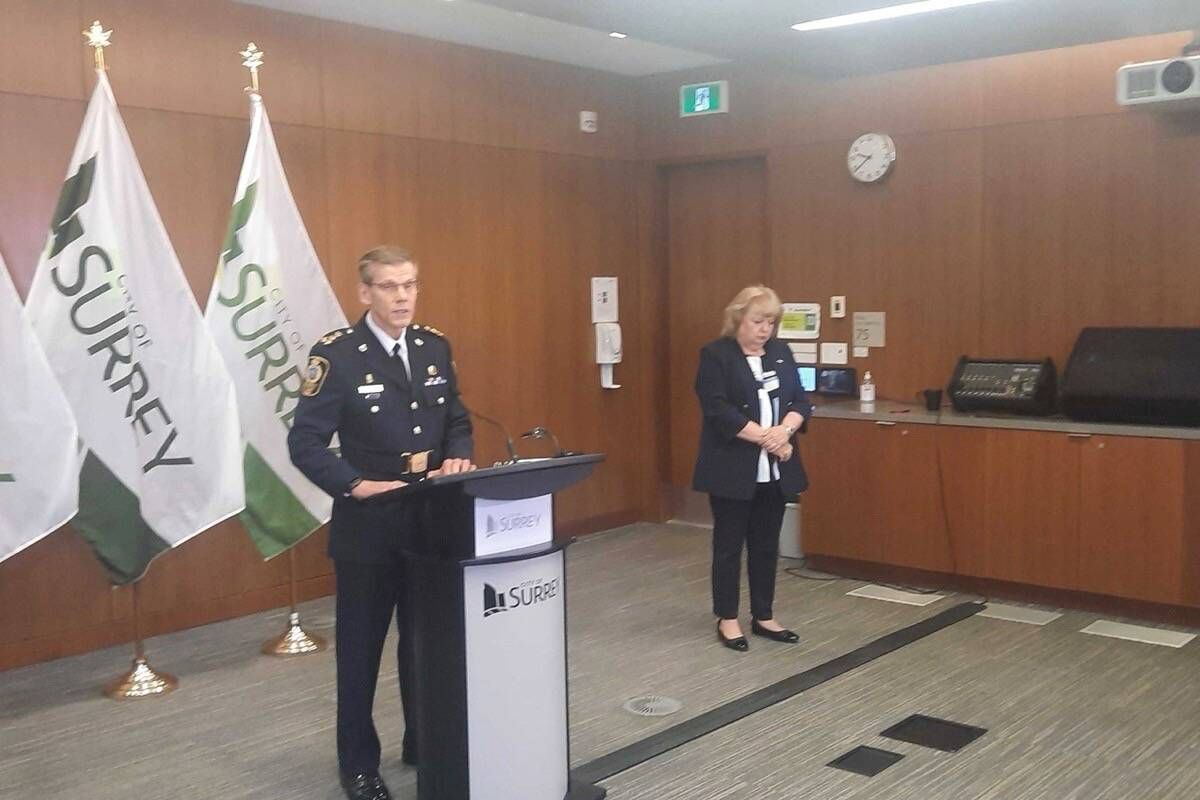A new NHS pilot sends patients home with ePatch heart monitors, aiming to reduce waitlists, speed up diagnoses, and free up hospital space.
Remote Cardiac Monitoring Rolls Out to Patients
A new NHS initiative is transforming how heart conditions are diagnosed, starting with Frimley Health NHS Foundation Trust. The rollout involves sending patients home with a compact heart-monitoring device, the Philips ePatch, in a move aimed at reducing wait times and easing hospital pressures.
How the Device Works
The ePatch is a lightweight, wireless, adhesive monitor worn on the chest. Unlike traditional hospital monitors that require multiple wires and professional setup, this device allows patients to carry on with daily life while it collects cardiac data. After a few days, the ePatch is mailed back for analysis.
Advanced AI Enhances Diagnostic Accuracy
Once returned, data from the ePatch is processed by Cardiologs, an artificial intelligence system. Reports are categorized using a traffic light system—green for normal, amber for review, and red for urgent issues. Medical staff then interpret the results to guide follow-up care.
Simpler Setup, Faster Results
Suzanne Jordan, Associate Director of Medicine at Frimley Health, highlighted the convenience: “We can post the patches with clear instructions. Once returned, data is quickly downloaded, significantly improving turnaround times.” The device is expected to streamline the diagnostic process and boost efficiency for clinicians.
Productivity Gains and Patient Comfort
The NHS anticipates the ePatch system could double the productivity of cardiac diagnostics. It can identify up to 2.5 times more relevant heart issues compared to older monitors, and its user-friendly design means patients can apply it themselves—no hospital visit required.
Broader Impact on Health Services
According to Dr. Iain Sim, a consultant cardiac electrophysiologist, the smaller device not only improves patient experience but also frees up valuable hospital space. “We can monitor up to 10 days, apply them faster, and deliver results more quickly,” he said.
Looking Ahead
While traditional heart monitors will remain in use for in-hospital patients, this at-home solution marks a step toward more flexible, accessible healthcare. If successful, the ePatch program could be expanded across more regions, including Surrey, helping to cut cardiac care waitlists and reduce strain on the health system.



























